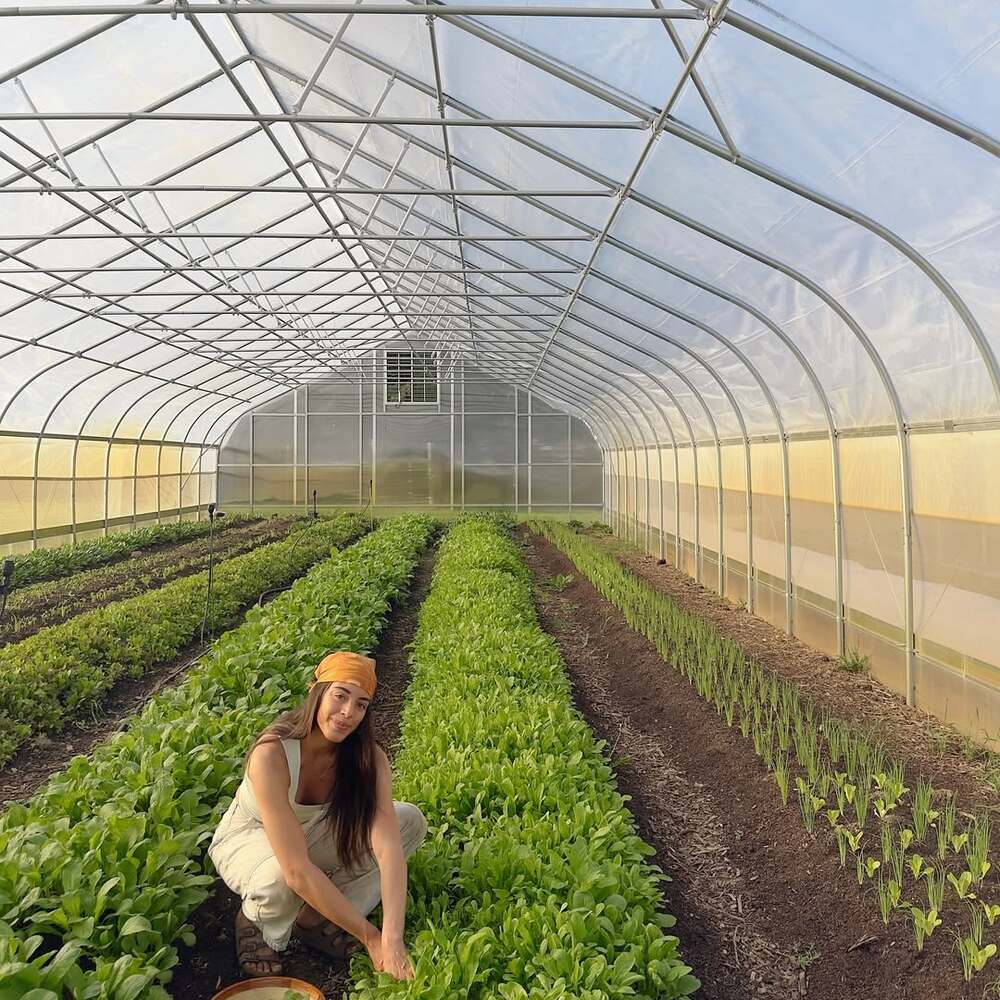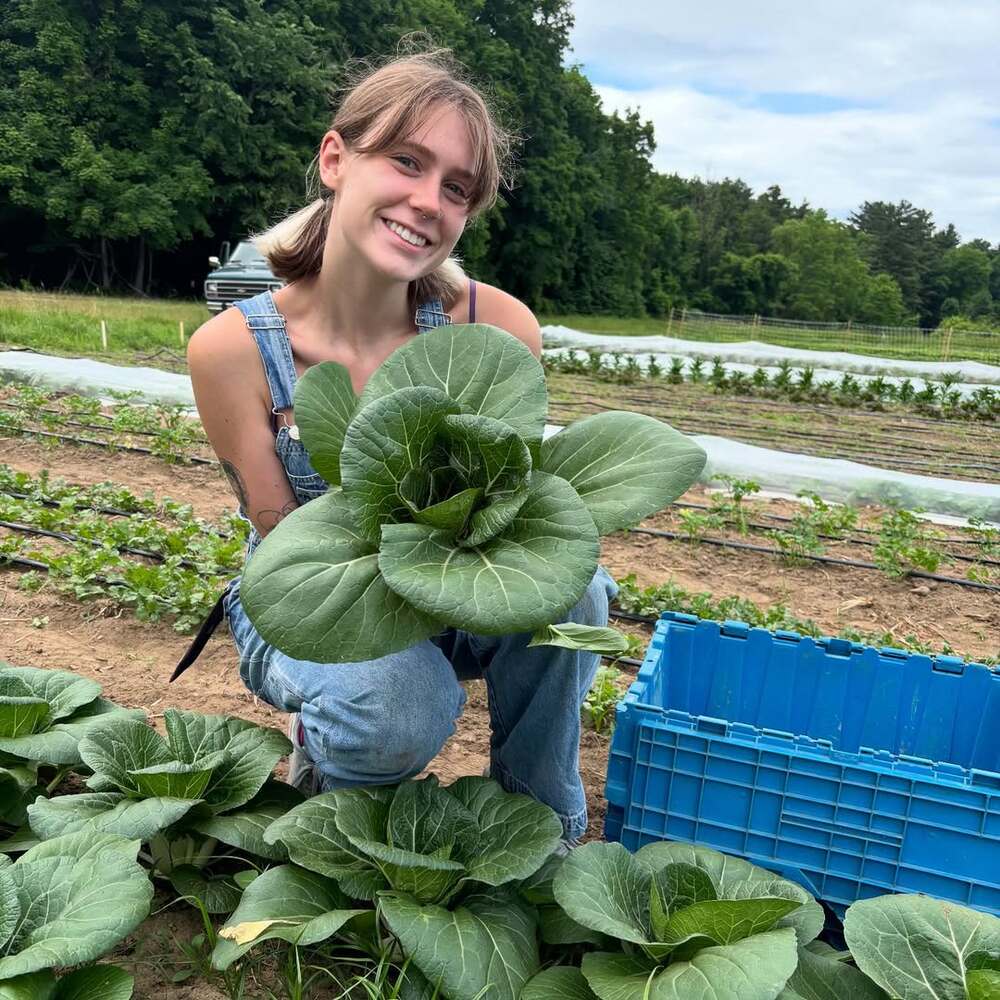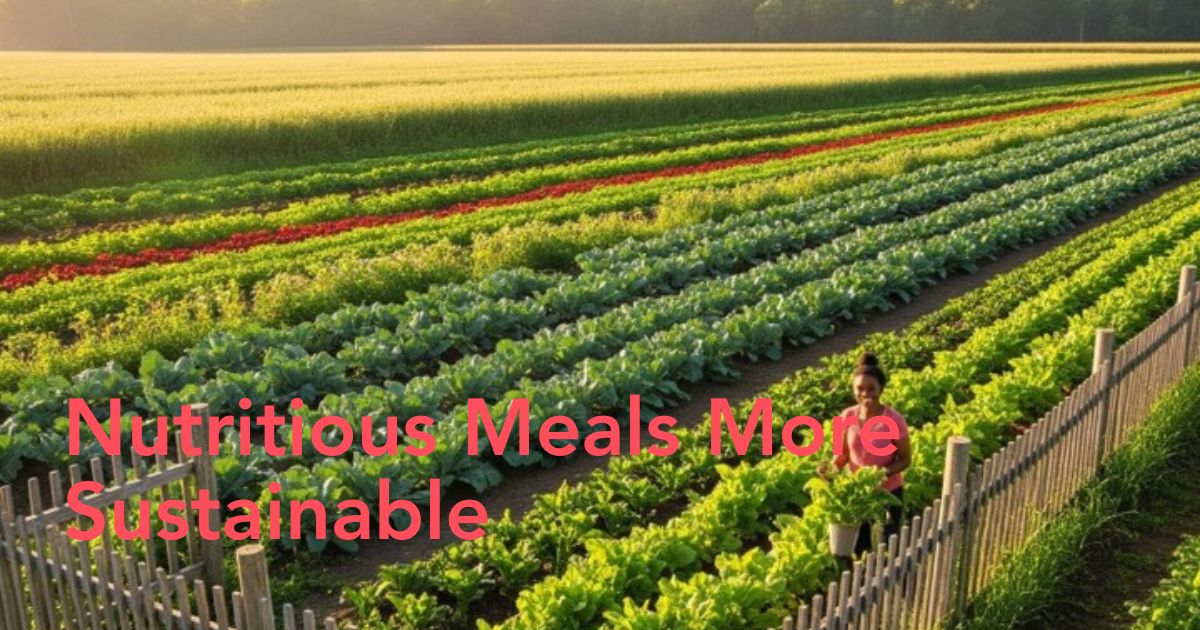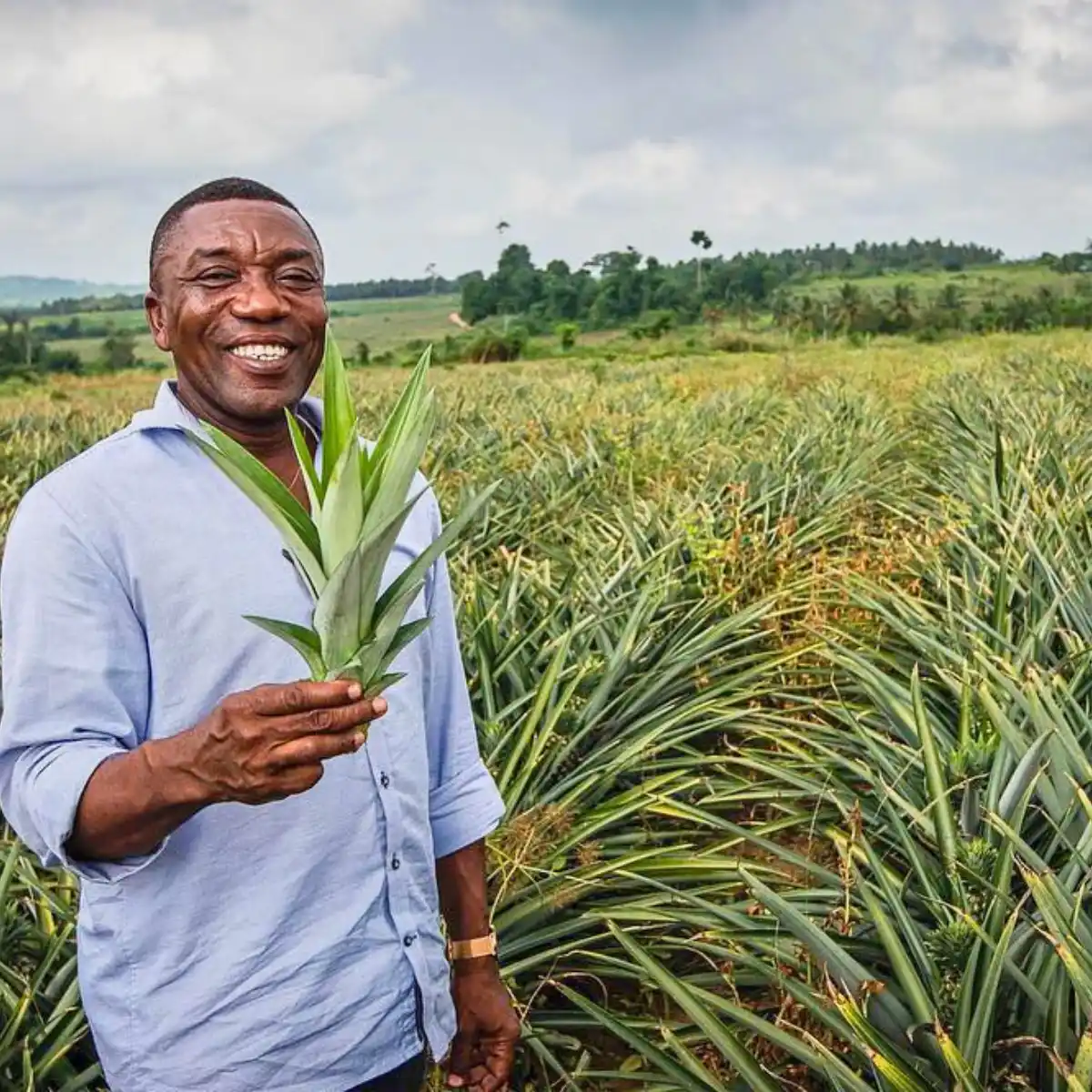Families today are rethinking their food choices, not just for health, but for the planet too. Organic-based ingredients offer a practical way to make nutritious meals more sustainable.
From reducing pollution to conserving resources, these small changes can have a big impact…

Reducing Agricultural Pollution Through Organic Ingredient Choices
Conventional farming methods often rely on synthetic pesticides and fertilizers, which can harm ecosystems. These chemicals run off into waterways, polluting rivers and oceans while disrupting marine life.
Choosing organic-based ingredients helps reduce this impact by supporting farms that avoid harmful substances.
Organic farming prioritizes natural pest control methods and compost-based fertilizers. These approaches keep toxins out of the soil, maintaining healthier environments for crops to grow.
When families choose organic food, they encourage agricultural practices that minimize pollution from the source.

This simple change has a ripple effect: fewer pollutants in farmlands lead to cleaner water supplies and reduced contamination risks for communities nearby.
By focusing on organics at home, families contribute to improving agricultural standards across the board while protecting ecosystems that are vital to everyone’s wellbeing.
Cutting Carbon Emissions by Choosing Locally-Sourced Organic Food
Choosing locally sourced organic ingredients reduces the carbon emissions linked to transportation.
Transporting food over long distances often involves significant fuel use, which contributes heavily to greenhouse gas emissions. Families who prioritize local and organic products help cut down on this impact while enjoying fresher, more nutritious meals.
Organic farming methods also play a role in lowering overall emissions by avoiding synthetic fertilizers that rely on energy-intensive production processes.
When families support these efforts through their food choices, they become part of a larger movement toward environmental responsibility.
Trusted brands like the family-owned HiPP Organic, which provides nutritious and organic HiPP formula baby food products, show how enterprises can bring organic ingredients to households while supporting sustainable practices.
Opting for carefully selected organic options creates tangible benefits—not just for the planet, but for future generations depending on its health and resources.

Encouraging Soil Regeneration with Organic Food Options
Soil health plays a crucial role in sustainable agriculture. Conventional farming practices often deplete nutrients, leaving soil less productive over time. Organic farming focuses on reversing this trend by using methods that actively regenerate and enrich the land.
Techniques like crop rotation, cover cropping, and composting feed the soil naturally. These processes improve its structure, boost fertility, and increase resilience against erosion.
Families who choose organic-based ingredients support these vital efforts indirectly through their purchasing habits.
Healthy soil also traps carbon more effectively, reducing greenhouse gases in the atmosphere.
By prioritizing organic foods at home, families help drive demand for agricultural systems that restore rather than exhaust natural resources—making every meal a small step toward a more sustainable future for generations to come.

Preserving Biodiversity Through Organic Farming Practices
Biodiversity is essential for healthy ecosystems. However, industrial farming methods—relying on monoculture crops and heavy pesticide use—can damage natural habitats and threaten wildlife.
Organic farming takes a different approach by encouraging biodiversity at every level.
These farms often grow a variety of crops instead of focusing on just one. This diversity supports pollinators like bees, which are critical to food production, while also creating habitats for other species.
Avoiding chemical pesticides ensures that surrounding plants and animals can thrive without disruption.
When families choose organic ingredients, they support agricultural systems that prioritize coexistence with nature over exploitation.
The ripple effects extend beyond farmlands to benefit entire ecosystems reliant on balance.
Opting for organics isn’t just about better food—it’s about protecting the intricate web of life sustaining us all.

Lowering Household Waste by Focusing on Organic Foods
Packaged and processed foods often create significant waste, from single-use plastics to uneaten leftovers. Fresh organic ingredients often provide a sustainable alternative by reducing reliance on unnecessary packaging while promoting mindful consumption.
Organic food markets frequently offer bulk options or minimally packaged produce, allowing families to purchase only what they need. This helps prevent both food waste and excess trash at home.
Preparing meals with fresh ingredients also means fewer preservatives and additives, leading to healthier and more nutritious diets.
Additionally, scraps from organic fruits and vegetables can be composted instead of tossed in the trash. Composting returns nutrients to the soil while lowering household contributions to landfills.
By incorporating more fresh organics into their meals, families simplify their lifestyle while making meaningful steps toward sustainability every day.

Conserving Water Resources via Sustainable Organic Agriculture
Water scarcity affects millions worldwide, and farming practices play a major role in water use. Conventional agriculture often depletes resources with inefficient irrigation and chemical-intensive methods that contaminate water supplies.
Organic farming provides an alternative, using techniques that conserve and protect this vital resource.
Organic farms improve soil structure through composting and crop diversity, helping the land retain more water naturally. This reduces the need for excessive irrigation while minimizing runoff that can pollute waterways.
Families who choose organic foods indirectly support these eco-friendly practices.
Additionally, growing organic crops avoids synthetic fertilizers and pesticides, which often seep into rivers and groundwater.
Every purchase of organic ingredients contributes to systems that prioritize clean, sustainable water usage—helping safeguard this precious resource for both people and ecosystems alike.

Teaching Future Generations About Sustainability and Organic Food
Children learn lifelong habits from what they see at home. When families prioritize organic ingredients, they introduce sustainability as a core value early on.
Simple practices, like choosing fresh produce over processed options or discussing why organics matter, help kids connect food choices to environmental impact.
Including children in meal prep using organic foods can spark conversations about farming and ecosystems. And visiting local farmers’ markets offers an opportunity to show how supporting organic producers strengthens communities while reducing carbon footprints.
These small lessons build awareness of how everyday decisions shape the planet’s future.

By demonstrating the importance of sustainability through organic-based family meals, parents nurture not just healthy eating habits but also environmentally conscious mindsets that kids will carry into adulthood—and pass on to future generations.
Wrapping Up
Choosing organic-based ingredients transforms family meals into a force for sustainability. These thoughtful decisions protect the planet, support eco-friendly practices, and nurture healthier habits—benefiting future generations and the world they’ll inherit!










